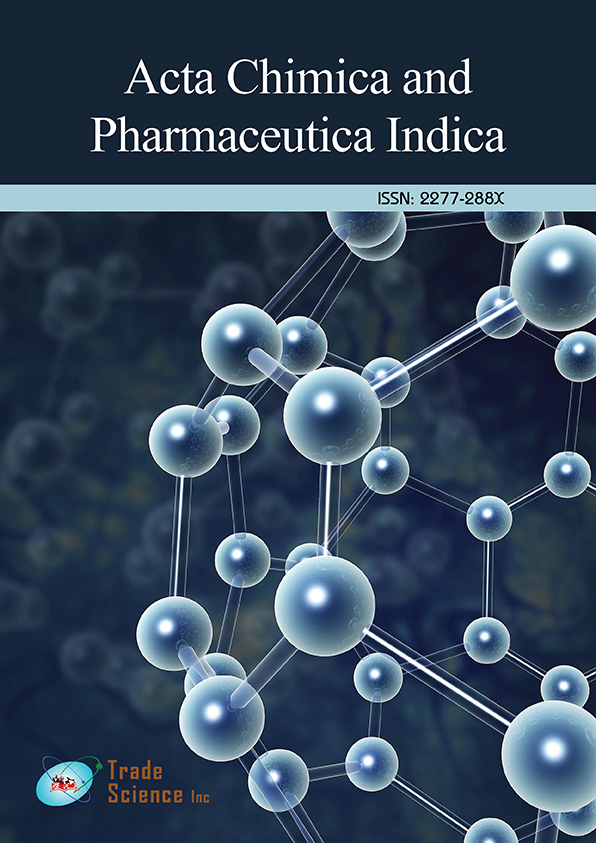Abstract
, Volume: 10( 1) DOI: 10.37532/2277-288X.2020.10(1).146The Changes in Matrix Metalloproteinases and Collagens Expression of Rat Articular Cartilage after Continuous Mandibular Advancement: Immunohistochemical Study
Condylar growth modification is induced by mandibular advancement though the changes in Temporomandibular Joint (TMJ) after mandibular advancement could be permanently stable are not yet proved. Therefore, our purpose is to investigate the effects of mandibular advancement on the rat TMJ by changing in Matrix Metalloproteinases (MMPs) and Collagens (COLs) expression immunohistochemically (IHC) after retention treatment. In this study, 54 male Sprague-Dawley rats were divided to control group (n=24) and experimental group (n=30) for three months subgroups period. Only experimental sub-groups were subjected to a full-time orthodontic inclined methyl methacrylate bite plate cemented to the incisors to advance the mandible for one month and continued as a half-day-wearer (retention period) till the end of the 2nd month and stayed without appliance during whole 3rd month (post retention period). Then, the assessment of gross-morphological changes of skull and the examination of the articular cartilage for each sub-group histologically in addition to IHC examination for MMP-1, MMP 8 and MMP 13 and COL-I, II and III were done. The gross- morphological changes were clear in experimental group as downward forward mandibular advancement in addition to a high significant decreased in the base mandibularlength.Therewasalsoanabundant cellularproliferationatthecondylar cartilage with a significant condylar ossification and higher osteoblastic activity in the experimental group obviously at retention period. Moreover, a significant increase in MMP-13 expression in both differentiation and hypertrophic layers of an experimental group during active and retention periods with reduction in the expression of COL-II in the experimental group was observed with no significant changes in other markers. These upregulation of MMP-13 in associated with significant reduction in expression of COL-II plays a significant role in cartilage collagen degradation and treatment stability, which is confirmed through the post-retention period due to endochondral ossification pattern improvement.
Abstract
Condylar growth modification is induced by mandibular advancement though the changes in Temporomandibular Joint (TMJ) after mandibular advancement could be permanently stable are not yet proved. Therefore, our purpose is to investigate the effects of mandibular advancement on the rat TMJ by changing in Matrix Metalloproteinases (MMPs) and Collagens (COLs) expression immunohistochemically (IHC) after retention treatment. In this study, 54 male Sprague-Dawley rats were divided to control group (n=24) and experimental group (n=30) for three months subgroups period. Only experimental sub-groups were subjected to a full-time orthodontic inclined methyl methacrylate bite plate cemented to the incisors to advance the mandible for one month and continued as a half-day-wearer (retention period) till the end of the 2nd month and stayed without appliance during whole 3rd month (post retention period). Then, the assessment of gross-morphological changes of skull and the examination of the articular cartilage for each sub-group histologically in addition to IHC examination for MMP-1, MMP 8 and MMP 13 and COL-I, II and III were done. The gross- morphological changes were clear in experimental group as downward forward mandibular advancement in addition to a high significant decreased in the base mandibularlength.Therewasalsoanabundant cellularproliferationatthecondylar cartilage with a significant condylar ossification and higher osteoblastic activity in the experimental group obviously at retention period. Moreover, a significant increase in MMP-13 expression in both differentiation and hypertrophic layers of an experimental group during active and retention periods with reduction in the expression of COL-II in the experimental group was observed with no significant changes in other markers. These upregulation of MMP-13 in associated with significant reduction in expression of COL-II plays a significant role in cartilage collagen degradation and treatment stability, which is confirmed through the post-retention period due to endochondral ossification pattern improvement.
